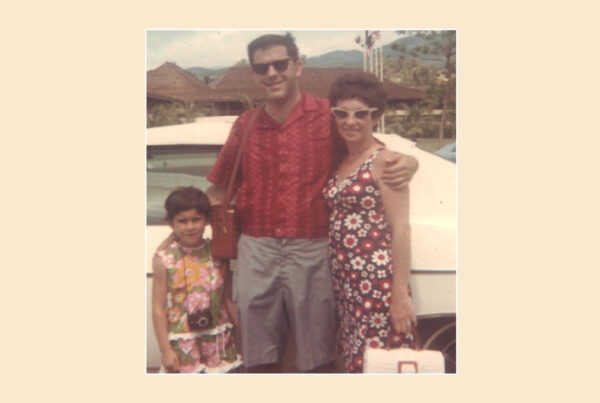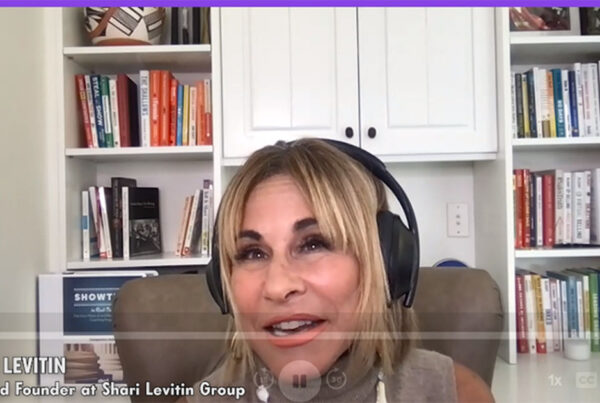A few years back, a friend shared that he had met the greatest salesperson in the world! “Wow,” I exclaimed. “How do you know?”
“He told me so.”
“What did he tell you?” I prodded.
“That he hit the President’s Club more times than anyone in history.”
“Yes, but, how do you know he’s the greatest salesman in the world?” I asked.
“He showed me his trophies and then described in detail all of his techniques. He said he can literally talk to anybody!”
It’s a common stereotype that a great salesperson can “talk to anybody.” The interesting fact is that the opposite is true. What if, instead, you could listen to anybody? A great salesperson emphasizes listening, not talking. I always say, if you really want to make an impact, you need to be interested, not interesting.
The biggest mistake salespeople make is that we don’t listen, we don’t ask questions, and we rarely ask the right questions when we do. We interrupt, respond vaguely, multi-task, fidget and inadvertently show the customer that we really don’t care. Mastering the following active listening activities will help you stay focused and engaged with the people you want to do business with, leading to better conversations, faster decisions, and improved sales performance.
1. Stay in the game, no matter what. Even if:
- The customer doesn’t say what you want to hear.
- You think you already know what they are going to say.
- You’re not interested in the conversation.
- You struggle to follow the cadence, pitch, or voice inflection.
- They vehemently disagree with you.
2. Strive for understanding.
- Listen to the speaker without criticizing or judging.
- Ask the right questions to discover the Dominant Buying Motives, challenges, and concerns.
- Actively focus on what the speaker is saying, not planning your response.
- Concentrate on the person’s meaning, not just the words.
- Ask for clarification to ensure everyone is on the same page.
3. Build trust.
- Have a mutually agreed purpose and agenda for the meeting.
- Paraphrase your customer to show understanding (restate what you believe you heard).
- Look people in the eyes, especially on virtual meetings
- Use listening body language.
4. Be emotionally aware.
- Encourage people to share their thoughts and feelings.
- Allow customers to elaborate on their objections or things you disagree with without interruption.
- Identify which words and phrases are potential emotional triggers for them – and yourself! Then, repeat back their words in follow-up emails and proposals.
As Calvin Coolidge famously said, “No one ever listened themselves out of a job.” These active listening activities take practice, so review them regularly to encourage yourself to listen more and talk less in your sales conversations. But this alone, will not make you a better listener. Listening is more of a mindset than checking off of do’s and don’ts.
Done well, and with consideration, listening will transform your understanding of the people and the world around you, which inevitably enriches and improves your experience and existence. It is how you develop wisdom and form meaningful relationships in sales and in life.
Listen to Shari talk about how it’s not about being heard; it’s about being interested.




